01 Aug 2006
Die Letzte Droge
Three friends decide to find one of the worlds most powerful drugs. And ingest it. A gonzo documentary that takes you to and beyond the edge of the world.
take care of evil
The film tells the story of a girl who arrives in the city with her young son and must take care of an old house where an elf lives. One day the child disappears mysteriously, which will motivate his mother to do the impossible to recover it.
01 Aug 2006
Three friends decide to find one of the worlds most powerful drugs. And ingest it. A gonzo documentary that takes you to and beyond the edge of the world.

11 Sep 2015

Based on the documentary "Our Brand Is Crisis", this feature focuses on the use of American political campaign strategies in South America.

21 Feb 2020

Images of Argentinian companies and factories in the first light of day, seen from the inside of a car, while the director reads out documents in voiceover that reveals the collusion of the same concerns in the military dictatorship’s terror.
01 Jan 2014
Are tourists destroying the planet-or saving it? How do travelers change the remote places they visit, and how are they changed? From the Bolivian jungle to the party beaches of Thailand, and from the deserts of Timbuktu, Mali to the breathtaking beauty of Bhutan, GRINGO TRAILS traces stories over 30 years to show the dramatic long-term impact of tourism on cultures, economies, and the environment.
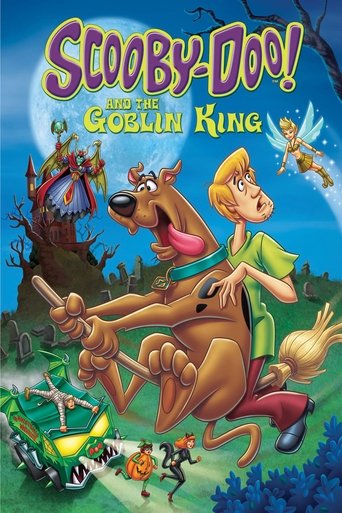
23 Sep 2008

Scooby-Doo and Shaggy must go into the underworld ruled by The Goblin King in order to stop a mortal named The Amazing Krudsky who wants power and is a threat to their pals: Fred, Velma, and Daphne.

05 Mar 2025

Santa, an eight-year-old girl from the desolate Bolivian Altiplano, embarks on a rollercoaster journey to take her mother from a life of misery into paradise. The two of them made a pact: when her mother passes, the girl would follow the stars and carry her body across the desert toward heaven, a place they are certain is physically real. Crossing the wilderness, Santa encounters a group of female wrestlers that help her on her way. Also, a gruff policeman who arrests Santa but soon suspects she has magical powers. He decides that to achieve his own salvation he must join Santa on her quest beyond the horizon.
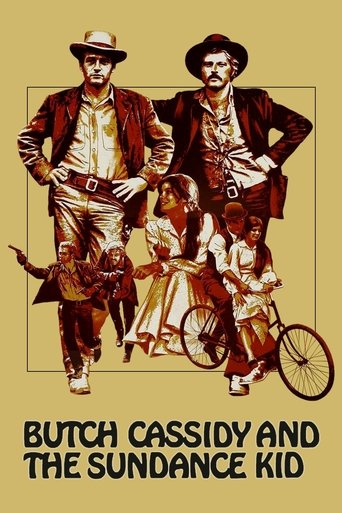
23 Sep 1969

As the west rapidly becomes civilized, a pair of outlaws in 1890s Wyoming find themselves pursued by a posse and decide to flee to South America in hopes of evading the law.
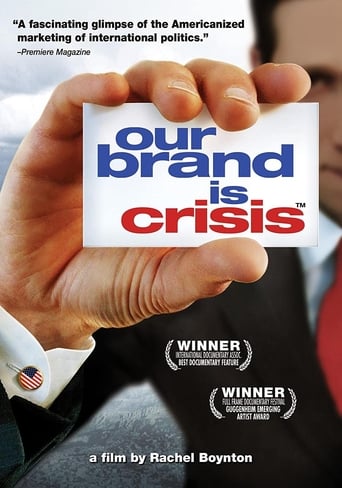
12 Mar 2005

A documentary on American political campaign marketing tactics and their consequences.
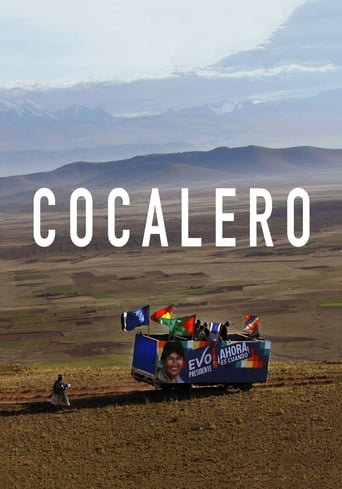
22 Jan 2007

A documentary centered on the union formed by Bolivian farmers in response to their government's (which was urged by the U.S.) effort eradicate coca crops, and the man who would come to represent them, Evo Morales.
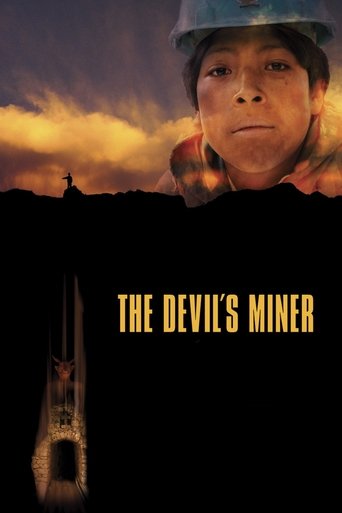
05 Nov 2005

'The Devil's Miner' tells the story of 14-year-old Basilio who worships the devil for protection while working in a Bolivian silver mine to support his family.
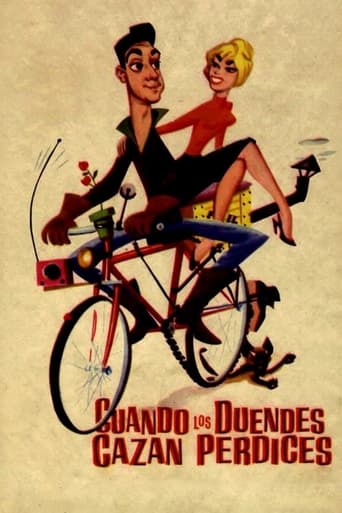
12 Jan 1955

Eulogio Soto lives with his mother. To please her, he tries to locate her brother because she will have to undergo a delicate eye operation and he fears that he will never be able to see her face again. The youngest son, who does not know who his real family is, lives in a luxurious mansion. In the search for his lost brother, Eulogio will be "found" by a woman who, like a goblin, makes life impossible for him to help him by all means.
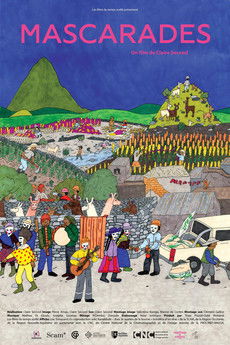
18 Nov 2025

No overview found
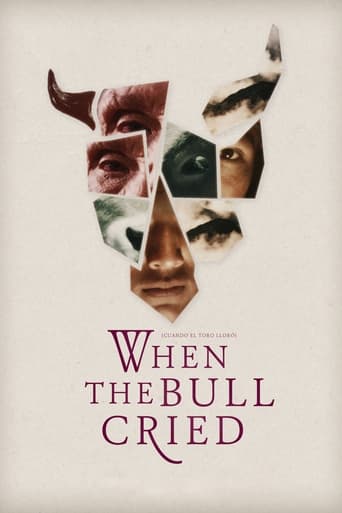
31 Oct 2017

Danger, toil, and superstition pervade life in a mining town high up in the Bolivian mountains. Tin is the heartbeat of the community providing jobs and livelihoods - but at considerable cost. With deaths commonplace, people make offerings to El Tio, the devil under the earth, for protection and good fortune. But when the mountain's flow of tin ebbs, further measures must be taken...

11 Jan 2018

Young bootblack Tupah embarks on a frantic quest to find his uncle, Jacinto, lost in the Averno. In a dangerous journey through the underworld, myth and reality get endlessly intertwined and the death-loaded night in La Paz unveils the darkest and most surreal face of the imaginary of the Andes.
08 May 2012
A day in the life of Esperanza, a Quechua girl who lives in the remote mountains of southwestern Bolivia.
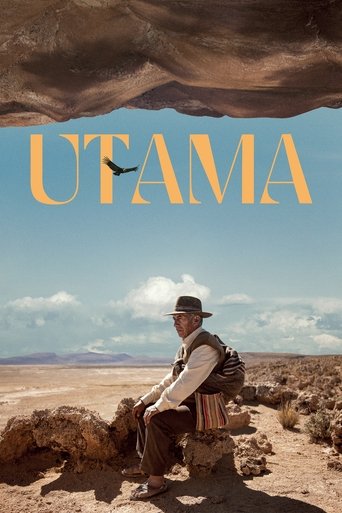
11 May 2022

In the Bolivian altiplano, Virginio and Sisa, an elderly Quechua couple who have lived a quiet life for years, face an impossible dilemma during an unusually long drought: resist or be defeated by the hostile environment and the relentless passage of time.
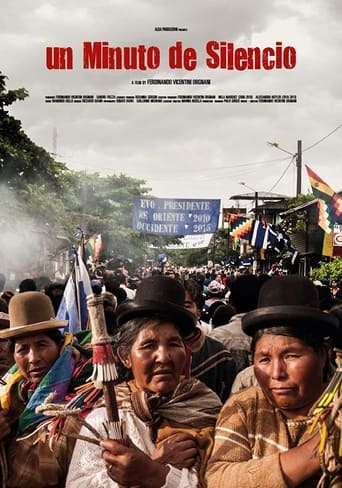
01 Oct 2013

2006: Evo Morales, first indigenous President is elected in Bolivia after the 2003 dramatic events following the fall of the President Sanchez de Lozada (exiled in the U.S. since then). The socialist revolution enters in its crucial stage. But dealing with power carries a burden of temptations and pathologies. In four years of shooting between Bolivia and the US this film focus on the difficult path of this unique historical opportunity. The film ends with the recent TIPNIS dramatic indigenous protest which creates an historical circle.

02 Aug 2018

An introvert city teenager is sent to his father's limber ranch. While trying to figure out his place as the son of the boss he finds himself in a world packed with naturalized violence.
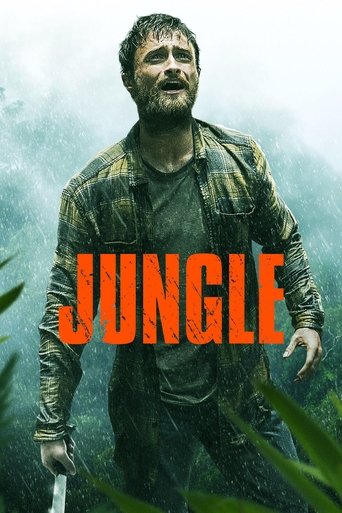
27 Jun 2017

In 1981, an enthusiastic young adventurer follows his dreams into the Bolivian Amazon jungle with two friends and a guide with a mysterious past. Their journey quickly turns into a terrifying ordeal as the darkest elements of human nature and the deadliest threats of the wilderness lead to an all-out fight for survival.
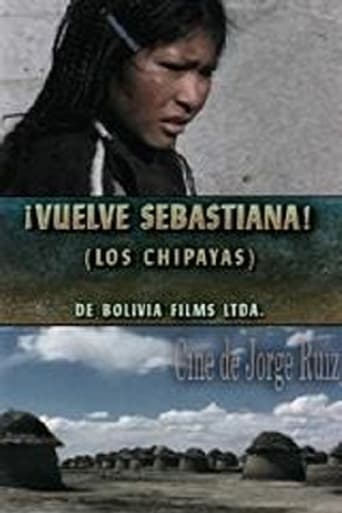
01 Jan 1953

The story of a poor girl who leaves her starving family and sheep for a more prosperous village. Her grandfather finds her and tries to convince her to return to her home.